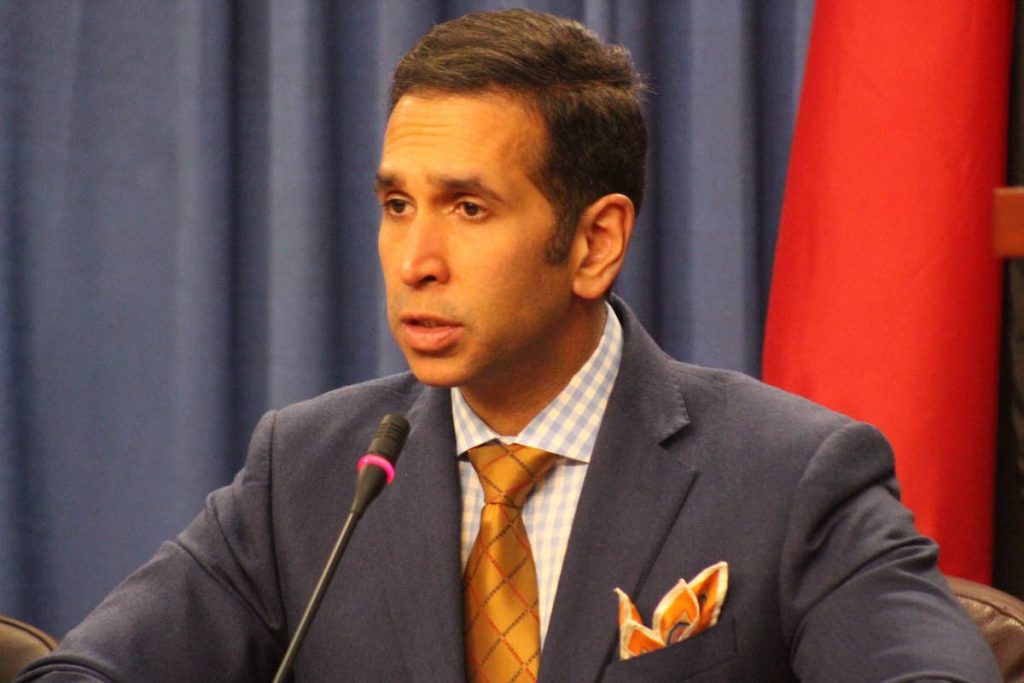Faris puts refugee policy to the people

Attorney General Faris Al-Rawi has suggested TT’s refugee policy should be put to the public for discourse because of the cost to taxpayers.
“This discussion, as I’ve indicted, is an important discussion for the nation to engage in because signing on to these conventions means that the taxpayers of TT have to foot certain obligations which obviously one is happy from a humanitarian point of view to do,” Al-Rawi said during a press huddle after an International Men’s Day forum at the Hyatt Regency Port of Spain.
The AG, and his colleague, National Security Minister Stuart Young, had recently said that TT had no legislation to deal directly with people who come into the country seeking to be refugees.
TT has signed on to two international treaties on refugees, the 1951 United Nations Convention Relating to the Status of Refugees and the 1967 Protocol Relating to the Status of Refugees, neither of which have been ratified, that is, incorporated into local law.
“When you sign an international convention there are several stages you go through. You have accession, importantly, and then ratification. TT has not ratified these conventions. For international law to become local law you have to bring the international law to the Parliament and then clothe it in local legislation,” Al-Rawi said.
What needs to be brought to the forefront, he said, is how many people the country will be obliged to accommodate.
About 7,000 people are seeking asylum in TT. Al-Rawi said the current outflow is approximately 20 to 40 people per year. “So it means we are signing on (to these treaties) as a country to engaging in holding people in the local pot with a rate flow of 20-40 people per year.
That’s a dynamic that this country has to analyse to make sure we can afford to deal with that. Now put aside that point— that’s only one point – the other aspect is what other systems can be engaged in and are there in fact other protocols that we are engaged in right now in terms of access to health care and certain access to education. So we are working around the peripheries of it and are in constant discussion with all the entities,” Al-Rawi said.
He challenged the media to “do the math.” “Do you understand what the rate flow is? Do you understand what you are asking the country to commit to?”
Asked if money was the primary reason the government still had not pushed forward with policy, Al-Rawi said “absolutely not.” “By math I mean numbers (of people) not the economics in terms of how you spend. That is one small part. The math is are we prepared from a policy perspective to manage this right now because once you turn that key, you create rights and obligations that are actionable and you have to be prepared to operationalise that.”
When reporters pointed out that regardless of whether or not policy exists, people are still coming into the country, Al-Rawi said it was more precise than that. “Yes, people are coming but are they refugees or asylum seekers? That’s really your question. What I can say is the government is in constant discussion and co-operation with international partners,” he said. Regardless, the conventions to allow for unlawful entry, he added.


Comments
"Faris puts refugee policy to the people"